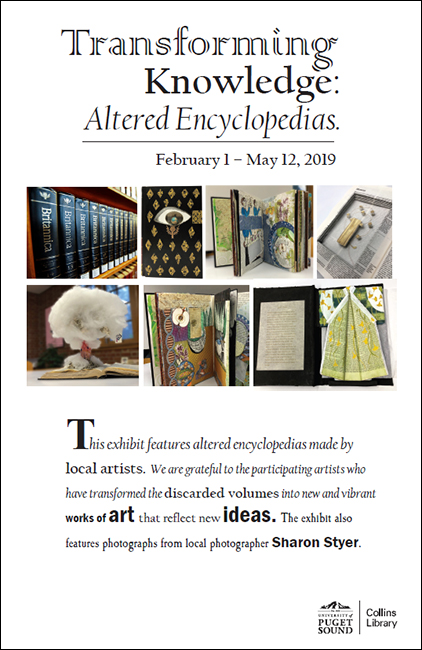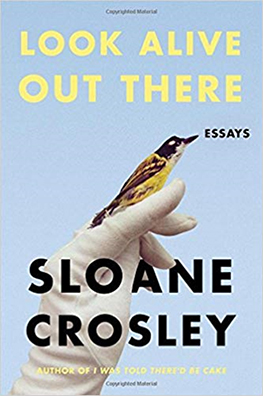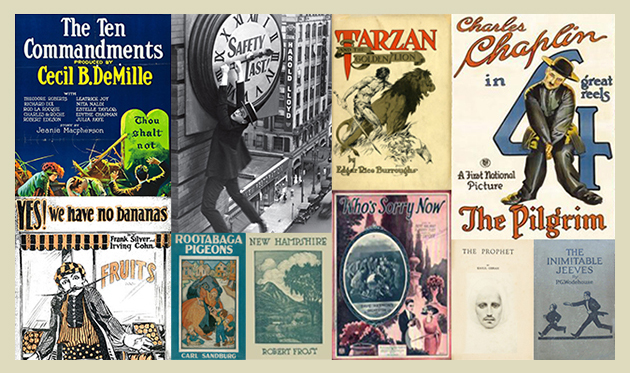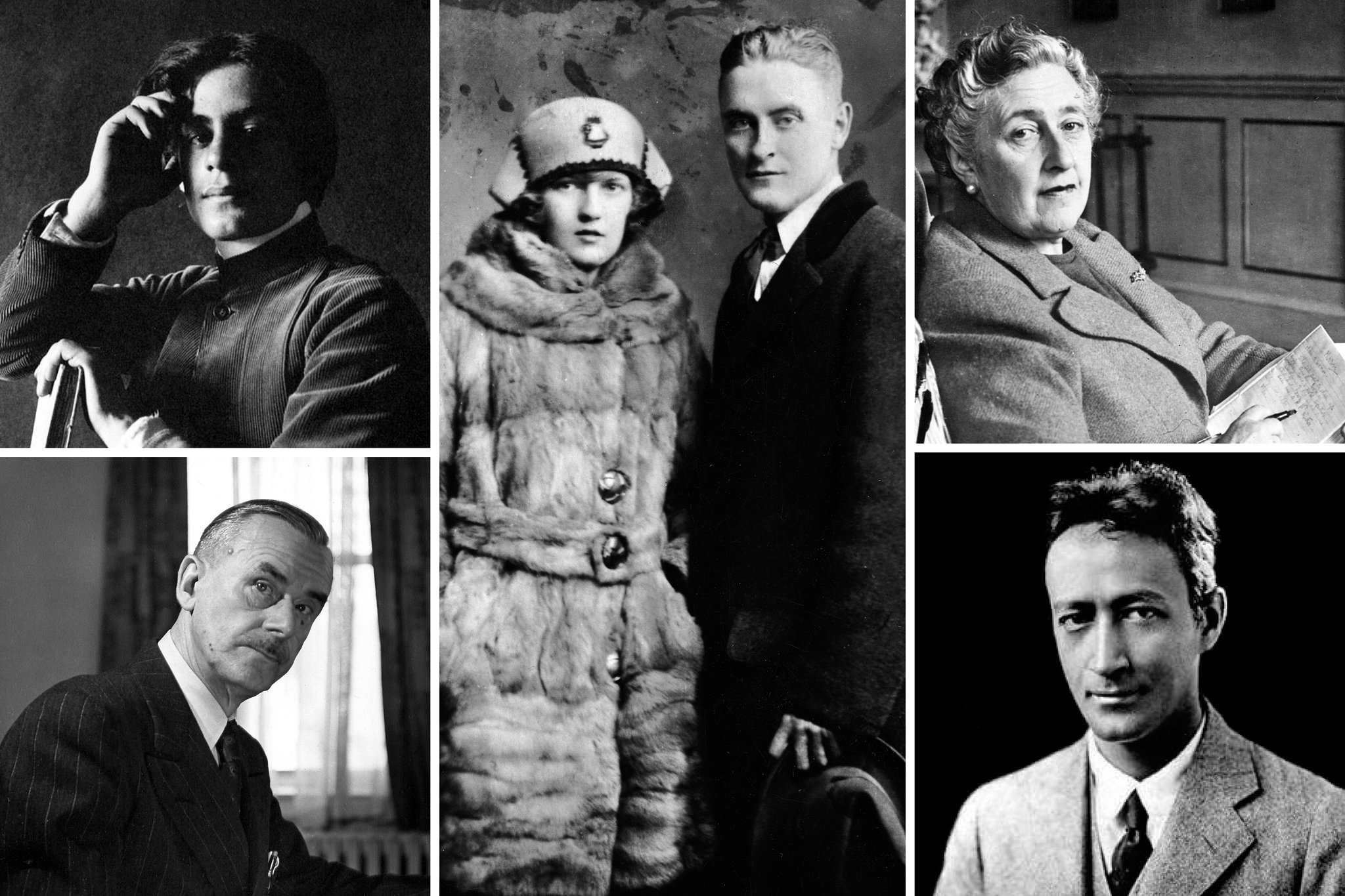
Seeding the Vote, Dead Feminists broadside
The Archives & Special Collections recently acquired the newest Dead Feminists print, titled Seeding the Vote, by local artists Chandler O’Leary and Jessica Spring. This is the 27th broadside in the Dead Feminists series which features quotes by historical feminists, tied in with current political and social issues. In honor of the 2018 midterm elections, Seeding the Vote features a quote by voting rights activist and civil rights leader Fannie Lou Hamer.
This broadside is particularly relevant to the university’s history, as Hamer visited Puget Sound in February 1969 to discuss her work in helping thousands of disenfranchised African Americans register to vote. She organized Mississippi’s Freedom Summer campaign in 1964 and worked closely with the Student Nonviolent Coordinating Committee (SNCC), a national organization that many Puget Sound students were involved in. There was an active SNCC chapter on campus in the mid-1960s. In addition, Hamer was the co-founder and vice-chair of the Freedom Democratic Party.

The Trail, p. 1, February 21, 1969.
The February 21, 1969 issue of The Trail ran a photograph of Hamer speaking with Social Sciences 111 students including Black Student Union founder and president Lou Smith. The February 28, 1969 issue contains two articles about Hamer’s visit. The first article, titled “Mrs. Fannie Lou Hamer Speaks of Legitimate Means and Black Power,” recounts Hamer’s public speech in which she “spoke from her own personal perspective, told the story of her upbringing in southern tension-ridden Mississippi and her eventual rise to a place of influence with citizenship.” Hamer discussed her own experiences in registering to vote and the physical violence she faced as a result of helping others to do the same. The article quotes her as saying, “White America, you should know by now that you can’t save yourself by teaching us to hate – you have to learn to love. We’re not fighting men, we’re fighting principalities and the devil himself.”
The second article in the February 28, 1969 issue of The Trail is titled “Hamer Speech Sparks Action.” Following Hamer’s lecture, student Lou Smith asked President Franklin Thompson about his views on black courses on campus. The article quotes Smith as saying to Thompson, “Are you moved enough now to sanction a separate, autonomous black studies course curriculum here at UPS? Are you moved enough now to sanction the hiring of more black professors? Are you willing to take the ‘raps’ off the courses we have now?” Thompson responded the following day that the restricting factor on the establishment of additional black studies courses and hiring of new faculty members was the financial situation at the university.
Visit the Archives & Special Collections to see the Dead Feminist broadside collection and learn more about Fannie Lou Hamer’s visit to Puget Sound.
The Archives & Special Collections is open Tuesday through Friday from 10:00 a.m.-3:00 p.m. or by appointment.
By Laura Edgar, Assistant Archivist
 This exhibit features altered encyclopedias made by local artists. We are grateful to the participating artists who have transformed the discarded volumes into new and vibrant works of art that reflect new ideas. The exhibit also features photographs from local photographer Sharon Styer.
This exhibit features altered encyclopedias made by local artists. We are grateful to the participating artists who have transformed the discarded volumes into new and vibrant works of art that reflect new ideas. The exhibit also features photographs from local photographer Sharon Styer.









